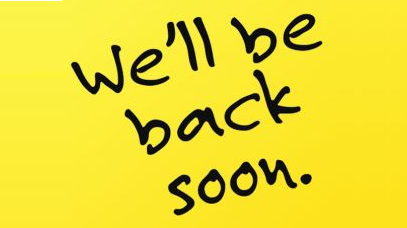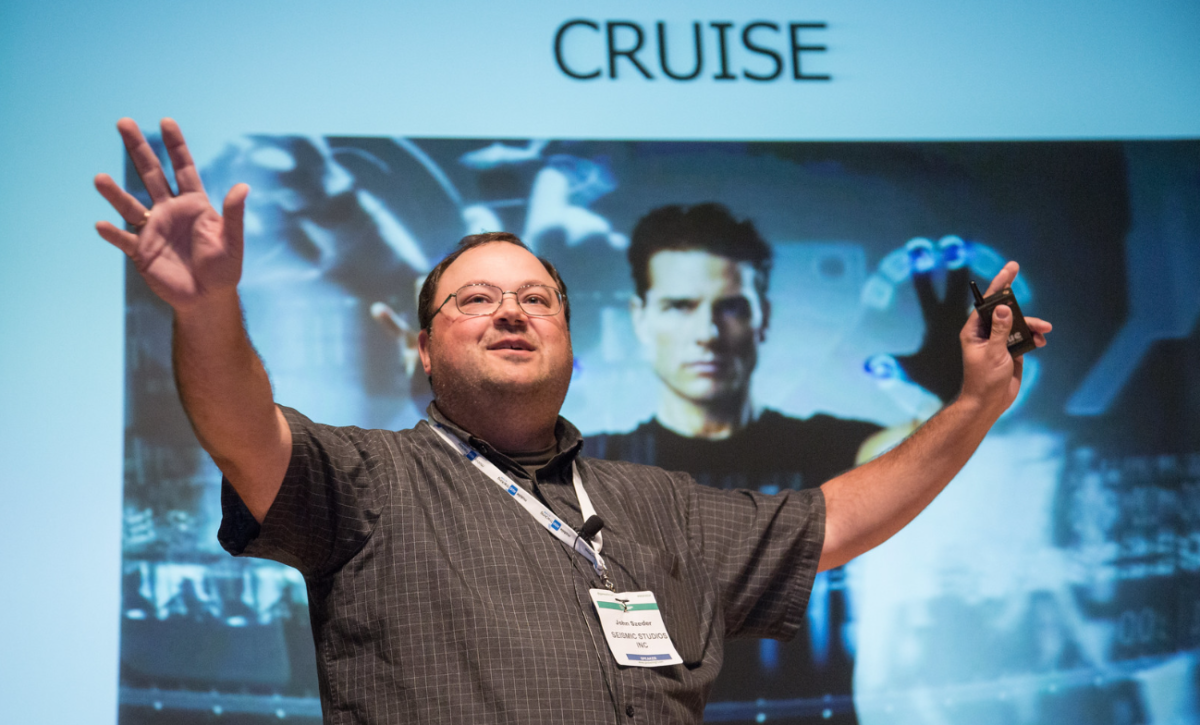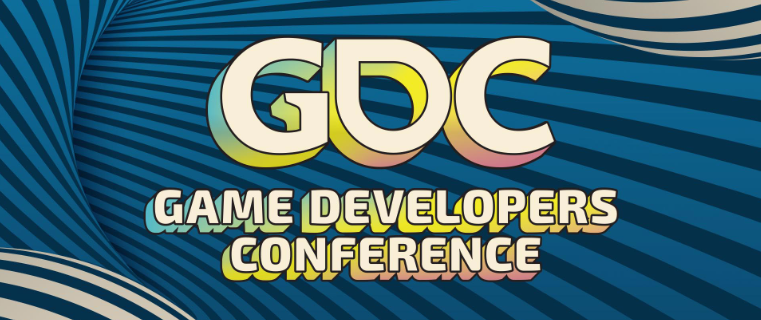Happy Easter, everyone! I was trying to figure out how to write something very quickly for today and figured, “How hard can a top ten list be?”
The answer is: Very.
I am not going to finish this before the Easter egg hunt begins and the corresponding Easter wine bottle (or three) gets opened, but here we go.
I was an uneducated startup CEO in 2005 when I was trying to raise money. I was blessed with many advisors who gave me feedback on things I needed to learn to be a better CEO. I almost listened to them. Here we are, nearly 20 years later, and I have finally learned some valuable lessons about business management and fundraising.
I was a pretty cocky entrepreneur, and I thought I had it all figured out. Here is the idea. Just add money. A lot of that cockiness came from bootstrapping a few companies into existence. I was super cringey, as the kids say it, and I thought I had the rizz. The rizz is also something the kids say. A lot of VCs, and really good ones at that, took meetings with me, and I appreciate them doing so, even if I was essentially burning an hour or two of their time. I think some of them were trying to figure out how to pair me with an actual CEO and be their technical cofounder. I have some later thoughts on why that failed—largely related to my inflated sense of self-worth. We all have our own problems.
At the time I was bragging that anyone could start a company, and I was really harsh on people with MBAs. It was largely a defensive and childish reaction to people spouting, “One plus one equals three.” On at least one whiskey-fueled occasion, I came up with the idea of the Amazon.com MBA program.
It was my thesis that you could just figure out all of the crap you needed to run a startup and raise money by reading a bunch of books from Amazon. It was an absolute hit amongst my drunken engineering friends and I made a note to myself to put together a list and post it to the internet in all its glory.
Thousands of days later, here we are, and I still have not made this list. This changes as of right now. As an official Amazon Affiliate who has made Hard Cash Money for the first time, I will put together my top ten books that will help you dominate the world! At the very least, it will steal nickels from Jeff Bezos and put them in the pocket of yours truly. Every click matters! Insert the Starship Troopers “I’m doing my part!” memes. Do your part, dammit.
Without further ado, here are my top ten books, presented in no particular order:
The Power of Habit by Charles Duhigg
This is a powerful book. I used this personally to stop checking my fingernails. I use it professionally to help shape the minds of the people I coach.
The Talent Code by Daniel Coyle
The Talent Code is an excellent book. It is a primer on how to think about talent and how to shape it.
Dynamics of Software Development by Jim McCarthy
This is an oldie but a goodie. It is software development related, and it is in layman’s terms. It was recommended to me by a fantastic games producer I worked with at Digital Chocolate. It helps you think about big problems in software and how to solve them as people.
The Secret Language of Success by David Lewis
This is the first book that I read from this list. It is probably one of the two most creepy. The secret language of success is about body language and unspoken cues. It talks about the importance of how to structure your office and why I fucking hate having my back to a door at work.
Abundance by Peter Diamandis, Steven Kotler
This is probably the most important book to understand. If you cannot frame yourself as an abundant thinker, you will be forever trapped in scarce thinking and fighting zero-sum games. It is also important for you to understand scarce thinkers and how to avoid their traps.
Irresistible by Adam Alter
This is also a very dark book. There are a lot of conversations about habit forming and how social media is like nicotine for the soul. If you want to understand the motivations and dark patterns to make applications addictive, this is a primer for what to do and what not to do. I do not recommend this book to everyone.
Outliers by Malcolm Gladwell
I love Malcolm Gladwell’s books, and Outliers is really important. It gives you some guidelines on how to think about practicing your craft and the importance of repetition. There are a lot of people who misunderstand the ten thousand hours he suggests, which makes me chuckle. Some people can reach their ten thousand hours in only one thousand hours. The importance is the unfair advantages of being exposed early and often to ideas.
Trillion Dollar Coach by Eric Schmidt, Jonathan Rosenberg, Alan Eagle
This recent recommendation talks about the power of networking and connecting with highly influential people. It gives some interesting anecdotes about one of the unseen power brokers of Silicon Valley and speaks to the power of having a coach and a mentor. I strongly believe in the power of networking and the importance of mentorship.
Patton on Leadership by Alan Axelrod
Software development is war, and there are few leaders like Patton. I don’t know what else to say. This is a good book about the importance of audacity.
Term Sheets and Valuations by Alex Wilmerding
This is an awful book and a must-read. My corporate counsel recommended it to me when I was trying to learn about fundraising. You need to understand the contents of this book before anyone gives you a penny as an investor, especially if they are an institutional investor.
There are a few books missing from this list. Is this a separate list for the runner-up books in the future? Or do I violate good UIUX principles and give you too many choices?
Getting To Yes by Roger Fisher, William L. Ury, Bruce Patton
I recommend this book so everyone can learn how to do principled negotiation. I mostly tell people to read it and throw it in the trash. Most negotiations you will do in your life are against monster hardball negotiators. Win-win situations are uncommon; you must be prepared to blow everything up and walk away. Always know your BATNA.
Blink by Malcolm Gladwell
I didn’t want to put two Malcolm Gladwell books into this list, so this gets an honorable mention. Blink is all about decision-making.
The DevOps Handbook by Gene Kim, Jez Humble, Patrick Debois, John Willis, Nicole Forsgren
This last one is me nerding out. The DevOps Handbook is a primer for how to think about large-scale deployments. You might argue the contents of this book are now dated and serverless is the future of software. I might write about this later and what the 37 signals people are learning about getting off the cloud, oops, I mean migrating to the sovereign cloud. Everyone is on the cloud because that is the destination of the information superhighway—or something.
Left out from this list is a primer on calculating the Total Addressable Market. Maybe that is something they teach you when getting your MBA. I sucked at this, and I broke the standard script for making decks. According to recent advice, about 90% of my VC pitches were dead by the second slide.
So there you have it. I would love to get a list of your must-read books and maybe add them to the Amazon.com MBA.
See you all next week!









